What not to feed wild birds? Understanding what not to offer and what are the good alternatives
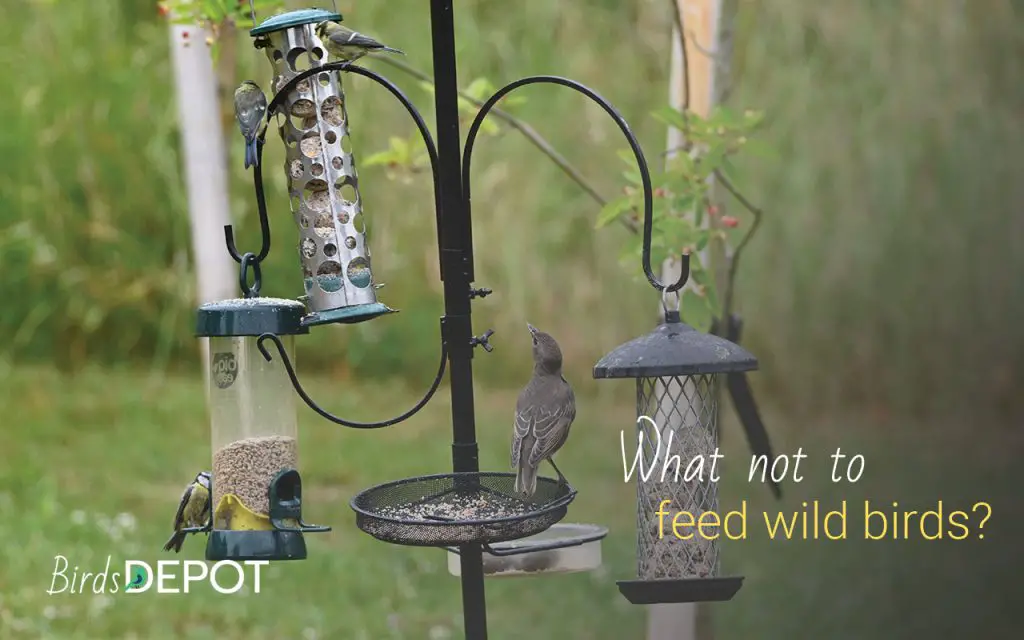
People who love birds and nature often enjoy feeding wild birds, creating a safe space for these beautiful creatures in their backyards and gardens. However, not all food we give them is good for them and can even be harmful.
In this comprehensive guide on “What Not To Feed Wild Birds,” we will uncover the hidden dangers of seemingly harmless snacks and suggest healthier alternatives to keep backyard birds joyful and healthy.
Key Takeaways
- Wild birds should not be fed bread, baked goods, salty or processed snacks, dairy products, raw meat, or fish, as these can harm their health.
- If you give wild birds toxic foods, they can suffer from poor nutrition and health issues and become reliant on human feeding. It’s important to avoid feeding them harmful substances.
- Many safe and healthy food options are available for birds, such as seeds, nuts, fruits, vegetables, mealworms, insects, and suet and birdseed mixes.
- We should be careful about what we give to our birds to ensure that they stay healthy and safe.
Harmful foods for wild birds that should be avoided
As a bird enthusiast, it’s natural to want to feed wild birds and help them thrive. However, it is crucial to be cautious when offering certain foods, such as bread and baked goods, salty and processed snacks, dairy products, and raw meat and fish that can harm wild birds.
Bread And Baked Goods
Imagine occasionally providing your avian visitors with a seemingly tasty treat like white bread or pastries. The issue arises when these treats fill the birds’ stomachs without giving them the energy and nutrients needed for survival.
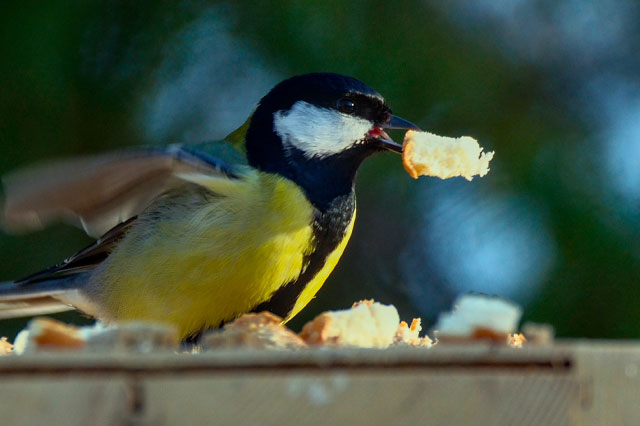
In some ways, feeding large amounts of bread could be worse than providing nothing since you would hinder their nutrient intake from more substantial sources in their environment.
Salty and Processed Snacks
As fellow bird watchers, we must understand which foods are suitable for our feathered friends and which ones can cause them harm. One category of food to avoid is salty and processed snacks such as pretzels, potato chips, corn chips, or even bacon.
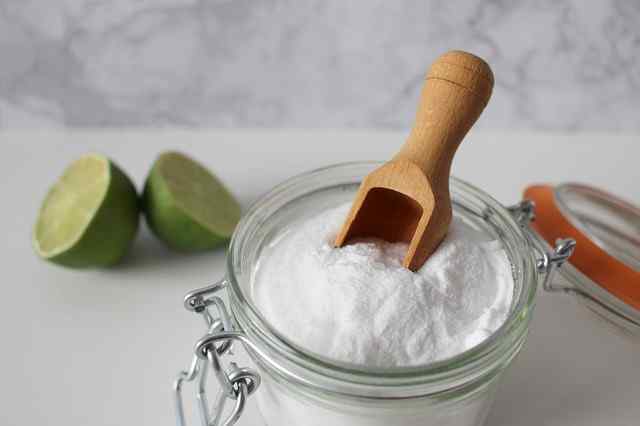
Feeding birds these unhealthy snacks may seem harmless at first glance; however, it could lead to severe consequences in the long run. Consuming too much salt can cause dehydration and various health problems for wild birds. Moreover, they may become dependent on human feeding if offered these tempting yet nutritionally deficient treats regularly. Refraining from feeding homecooked meals with added salt is vital since this can be just as detrimental as processed snacks. However, a low amount of salt doesn’t hamper their health.
Milk and Dairy Products
As a bird watcher, it’s important to be mindful of the foods we provide for wild birds. One type of food that is often debated among bird enthusiasts is dairy products.
For instance, milk is known to be harmful to garden birds as it can lead to diarrhea and sickness. This is because birds are lactose intolerant, meaning they lack the necessary enzymes to break down the sugars present in milk.
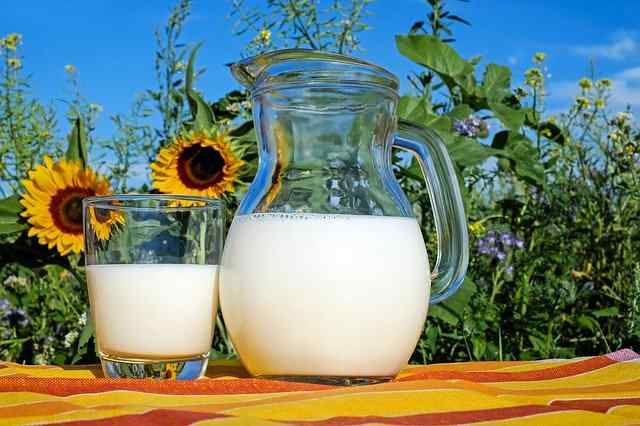
Cheese also poses its own set of issues: although low-lactose cheeses like Camembert, Cheddar, Provolone, Parmesan, and Swiss may be easier for some birds to digest due to their fermentation process (which breaks down lactose), these cheeses still do not offer significant nutrients needed by wild birds.
To ensure we provide safe and beneficial meals for our wild bird friends while indulging in our passion for birdwatching, it’s best to avoid giving them any dairy products altogether and focus on offering alternatives such as seeds and nuts or fruits and vegetables that align with their natural diet needs.
Avocado
Eating avocados can be harmful to birds, causing heart damage, weakness, and even sudden death. However, some bird species can safely consume a specific type of avocado, while others cannot.
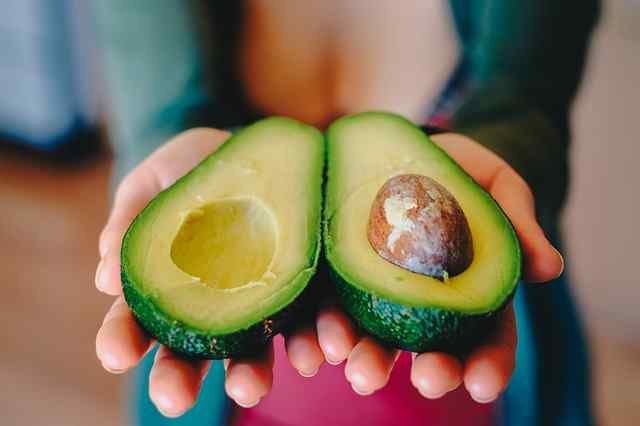
It is difficult for us to determine which species can safely eat avocados. For this reason, the wise decision is to avoid avocado and avocado-containing foods when you are trying to feed a wild bird or any bird.
Spoiled Seed
When you keep your feeder in low maintenance and don’t look out correctly, your bird seeds quickly get wet and lose freshness. So, the bugs, mold, and bacteria rapidly attack the bird seeds, affecting birds, and the feeders’ birds fall into many diseases. So, keep away spoiled seeds from the feeder.
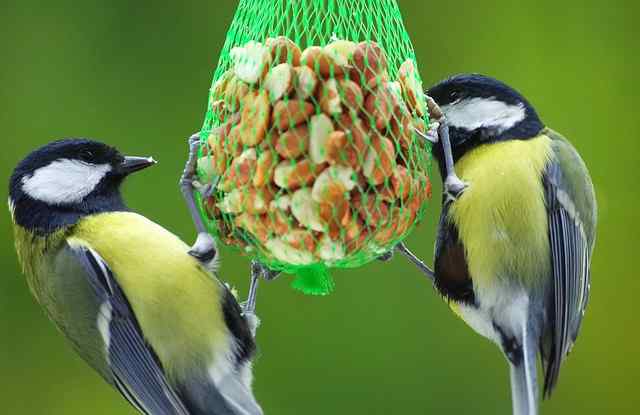
That’s why always check that your bird seeds are fresh and dry and try to refill your feeder frequently. Plus, you can use a bird feeder for birds like orioles, finches, woodpeckers, and other small birds, which comes with a better ventilation system to keep food dry and fresh.
Caffeine
Caffeine beverages such as coffee and tea provide us with refreshments. So, You might be tempted to offer those tasty beverages to wild birds and will like to watch how they enjoy their drinks. But unfortunately, if you provide them a sip or more drinks that can be toxic to beautiful wild birds. Caffeine will cause increased heart rate, hyperactivity, induce arrhythmias, and even cardiac arrest in birds. So, Always avoid caffeine products for birds.
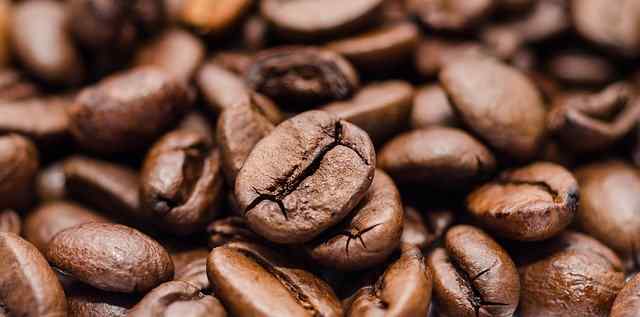
Chocolate
Though, Many birds, like Chocolate, will cause health issues for birds, such as vomiting, diarrhea, and even worse. Because Chocolate contains theobromine and caffeine that make it toxic for birds.

Raw Meat and Fish
Feeding raw meat or fish to wild birds can be very risky. These foods spoil quickly and may contain harmful bacteria that can cause bacterial infections in birds, leading to illness and even death.
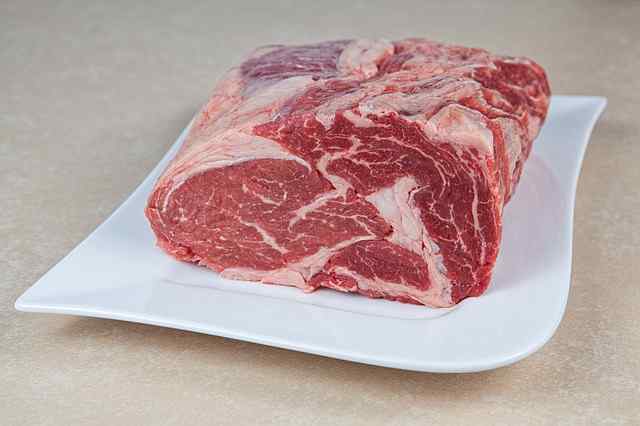
In addition, feeding raw meat can lead to nutritional imbalances in birds since they require a varied diet consisting of grains, seeds, fruits, and insects.
Onions and garlic
Many people believe that onions and garlic are better for birds. However, The reality is onions and garlic are toxic foods for birds, including other pet animals.
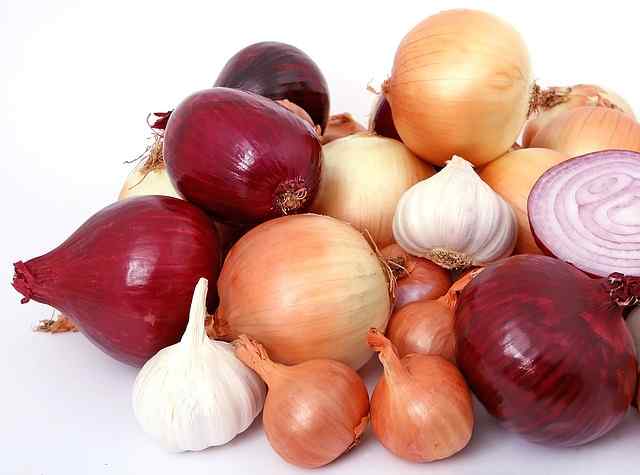
The sulfur compounds in onions cause fretting in the lining of a bird’s mouth when they are chewed. Also, the cause of ulcers and Anemia can cause red blood cells to rupture. Allicin chemicals in garlic cause Anemia and weakness in birds.
Xylitol
This common artificial sweetener is available in many diet foods, causing bird liver damage, hypoglycemia, and even death. Small amounts of this xylitol can create toxic effects for birds because birds have a faster metabolism than other species. Therefore, it’s a wise decision to avoid offering birds to xylitol.
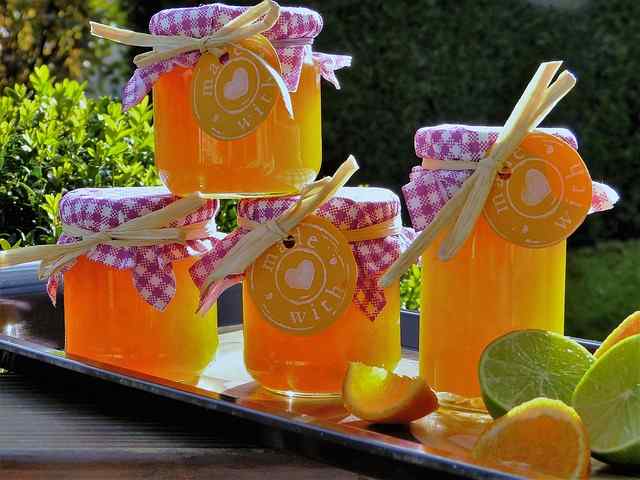
Honey
This natural ingredient is beneficial for humans but not suitable for birds. Even the highest quality organic honey can harbor bacteria and grow mold, which will be fatal to beautiful backyard wild birds. So, Avoid honey using any bird food product.

Pesticides
A small number of pesticides, herbicides, or other potentially toxic chemicals can harm your backyard birds. So, Don’t provide any fruit or seed that contains those poisonous chemicals. But if you want to offer them fruit fast, wash it before providing it into the feeder.
Reasons To Avoid Feeding These Foods
Feeding harmful foods to wild birds can result in nutritional deficiencies, health problems, and dependency on human feeding; read on to discover why it’s important to avoid these foods and how you can ensure that wild birds stay healthy.
Nutritional Deficiencies
As a bird watcher, it’s essential to know that feeding wild birds the wrong foods can lead to serious nutritional deficiencies. Bread and other baked goods may be enjoyable for these feathered friends, but they don’t offer the nutrients birds need to thrive. In fact, a diet that’s too heavy in bread or processed snacks can cause vitamin deficiencies or even starvation. It’s also important to refrain from feeding ducks and geese human food items like chips and rolls, as these do not offer the proper nutrition they need.
Health Problems
Offering certain human foods like dairy products or raw meat can be dangerous for wild birds as they can lead to bacterial infections and other health issues. Providing safe and healthy alternatives like seeds, fruits, vegetables, mealworms, or insects is essential for individual birds and maintaining natural feeding habits that support ecosystem balance.
Dependency on Human Feeding
One problem with feeding birds is that some species may become overly dependent on human-provided food. When wild birds begin to rely solely on handouts from humans, they can lose the ability to find natural food sources or migrate during harsh weather conditions. This behavior affects their overall health and nutrition and alters their natural behaviors, which could lead to long-term problems for bird populations.
Safe and healthy alternatives you should Feed
Various safe and healthy alternatives are available for feeding wild birds, including seeds and nuts, fruits and vegetables, mealworms and insects, and suet and birdseed mixes.
Seeds And Nuts
As a bird watcher, I know how important it is to provide healthy and safe food for wild birds. Seeds and nuts are a great option to add to your feeding station. Here are some crucial facts about seeds and nuts:
- Seeds: There are many different types of seeds that wild birds enjoy, such as sunflower seeds, safflower seeds, and millet. These can be found in birdseed mixes or purchased separately. Refer to a bird food chart to see what kind of seed each bird species prefer.
- Nuts: Nuts are packed with nutrients and fat, making them an excellent energy source for birds during colder months. Some examples of nuts that birds love include peanuts (unsalted), almonds, and walnuts.
- Fat content: It’s important to remember that while nuts are nutritious, they should be offered in moderation due to their high-fat content. Salted and dry-roasted nuts should be avoided as they can be harmful to birds.
- Presentation: Birds prefer shelled or chopped seeds and nuts because they’re easier to consume. Adding these foods to a platform feeder allows for easy access by different bird species.
As a responsible bird watcher, providing the correct type of food is key to the health and well-being of wild birds. Make sure you’re offering the right seed or nut options at your feeding station!
Fruits And Vegetables
As a bird watcher, I know how tempting it can be to share our food with the birds. However, not all human foods, including many fruits and vegetables, are safe for wild birds. Here are some of the best options to safely feed your bird friends.
- Carrots: Rich in Vitamin A and other nutrients, carrots are an excellent option for birds. You can offer them fresh or cooked, grated or chopped.
- Bell peppers: These colorful vegetables are packed with antioxidants and make a flavorful snack for birds. Try offering them in thin slices or cut into small chunks.
- Squash: High in fiber and low in fat, this vegetable is another great option for birds. Cut it into small cubes or mash it up before feeding.
- Mangoes: This tropical fruit is rich in Vitamin C and contains digestive enzymes. Offer it diced or sliced without the skin.
- Papaya: Another tropical fruit rich in enzymes, it is also high in fiber and Vitamin C. Serve it sliced without the seeds.
- Cantaloupe: This refreshing fruit is high in antioxidants and makes a delicious bird treat. Offer it cut into small chunks without the rind.
Always thoroughly wash fresh fruits and vegetables before offering them to your feathered friends. And remember that these foods should be provided as part of a balanced diet that includes other safe options like seeds, nuts, insects, and suet mixes.
Mealworms And Insects
Mealworms and insects are a great alternative feed option for wild birds. They offer many nutritional benefits that other feeds lack. Below are some essential facts to consider when feeding wild birds with mealworms and insects:
- Mealworms can be an excellent protein, calcium, and vitamin source for many birds, including those not typically visiting feeders.
- Some people prefer serving live mealworms to birds, while others prefer drying them.
- Offering mealworms at feeding stations can be very nutritious for wild birds as they have high protein and fat content.
- Edible insects, such as mealworms and black soldier fly larvae, are not only high in nutrients but also rich in certain vitamins and minerals and have a high fiber content compared to other feed alternatives.
- Mealworms are not highly nutritional, but they can supplement wild birds relying on natural insects for superior nutrition.
In summary, offering edible insects, especially mealworms, at feeding stations provides ample nutrients to improve the bird’s health.
Suet And Birdseed Mixes
Suet and birdseed mixes are great food options for wild birds. Not only do they provide essential nutrients, but they also help attract different bird species to your yard. Below are some important points to note about suet and birdseed mixes:
- Commercial suet cakes or fresh suet mixed with sunflower and other seeds offer a balanced diet for birds such as cardinals, woodpeckers, nuthatches, and chickadees.
- Birdseed mixes that contain black-oil sunflower seeds attract the widest variety of birds.
- Finches love Nyjer seed but should not be used during hot or humid weather conditions because it can grow a fungus that is harmful to the birds.
- Fruit and nut mixes can also be included in bird feeders to attract larger species like jays.
- It’s important to change the mixture often to remain fresh, particularly during rainy or humid weather conditions.
- The feeder type used for these foods depends on the type of bird you want to attract; elevated feeders work well for woodpeckers and other clinging birds, while platform feeders are ideal for ground-feeding sparrows and doves.
Using suet and birdseed mixes in your bird feeding efforts; you’re helping sustain wild bird populations while enjoying their beautiful presence in your yard.
Choosing The Right Bird Feed And Feeders
As a bird watcher, choosing the right bird feed and feeders is crucial for attracting various species to your backyard or garden. There are different types of feeders available, such as tray or platform feeders, hopper or “house” feeders, window feeders, tube feeders, Nyjer feeders, and suet feeders.
For example, hummingbirds are drawn to nectar in a tube feeder, while finches prefer Nyjer seed in a specialized thistle sock feeder. When selecting a feeder type for your yard or garden, consider the species you want to attract and their feeding habits.
The material of the feeder also plays an important role in attracting birds. Wooden and metal hoppers are durable but can be heavy when filled with seed or suet. Also, hygiene is essential as dirty birdfeeders can spread diseases among wild birds, which we always want to avoid! Ensure you keep up with regular cleaning by wiping down any surfaces where seeds have been left undisturbed and washing out tubing on tube-type dispensing systems.
Common mistakes to avoid when feeding wild birds
- Feeding moldy or spoiled food: This can cause illness or even death.
- Putting out too much food: Overfeeding can attract unwanted animals and spread disease.
- Only offering one type of food: Birds need a varied diet like humans.
- Not cleaning the feeding area: Dirty feeders can harbor bacteria and illness-causing parasites.
- Using inappropriate feeders: Hummingbirds require special nectar feeders, while larger birds need sturdy ones to perch on.
- Not providing water: Birds need water for drinking and bathing.
By avoiding these mistakes and following guidelines from wildlife conservation experts, we can help ensure the health and happiness of birds inn our garden.
In conclusion, making informed decisions about what kind of food works best for individual breeds will further create a welcoming environment that allows you to observe these incredible creatures thrive right outside your doorstep! Following these guidelines above helps bird watchers ensure avian health while enjoying watching them thrive in their garden habitats.